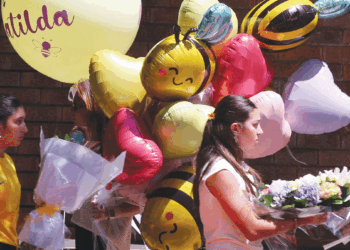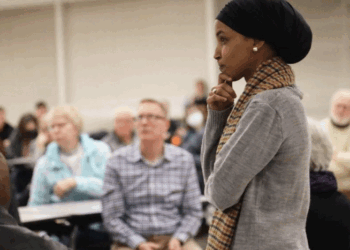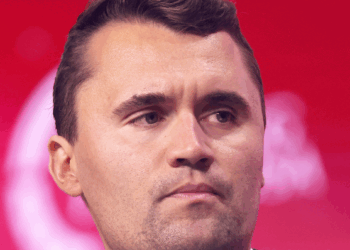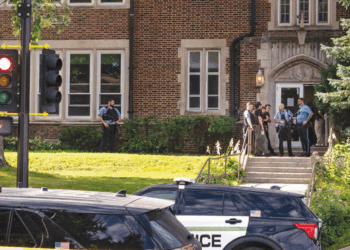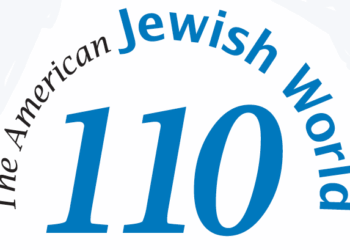The Hanuka story we tell the kids is about the rededication of the Temple in Jerusalem and the miracle-of-the-oil. However, the Maccabee revolt against the Hellenist Syrian regime was essentially a Jewish civil war, which brought to power a ruling clique, the Hasmoneans, which became as brutal and corrupt as the one they overthrew.
During the reign of the Greek Syrian King, Antiochus IV Epiphanes, many Jews adapted to the ways of the reigning empire. In 168 B.C.E., Mattathias, an elder of the Hasmonean family of priests, and his sons, including the eldest, Judah the Maccabee, led a revolt that retook the Temple, which had been converted to the worship of Zeus. The rural warriors rededicated the Temple to the worship of God; this brings us to the single pure vial of oil that miraculously burned for eight days and nights.
The victory of the Maccabees is recounted in the Second Book of Maccabees, which along with the First Book of Maccabees was left out of the Hebrew Bible. Regarding the Second Book of Maccabees, the Encyclopaedia Judaica states that the “purpose of the book is religious propaganda, the basic idea being that the sin of the nation is the cause of the divine punishment.” The priests were serving alien forces, and II Maccabees, “for the first time,” poses Judaism as the polar opposite of Hellenism, “and the Greeks are represented as barbarians, avid for pillage and plunder.”
As Rabbi James Ponet, the Jewish chaplain at Yale University, has written, the Hanuka story “is really about a revolt against the Hellenized Jews who had fallen madly in love with the sophisticated, globalizing superculture of their day. The Apocrypha’s texts make it clear that the battle against Hellenization was in fact a kulturkampf among the Jews themselves.”
Many Jews took on the Greek ways — going so far as to have themselves “uncircumcised.” Ponet continues, regarding the historical clash largely obscured by the modern celebration of Hanuka: “Armed Hasmonean priests and their comrades from the rural town of Modi’in attacked urban Jews, priests and laity alike, who supported Greek reform, like the gymnasium and new rules for governing commerce. The Hasmoneans imposed, at sword’s edge, traditional observance. After years of protracted warfare, the priests established a Hasmonean state that never ceased fighting Jews who disagreed with its rule.”
A class conflict also has been discerned in the fight between the Hellenized Jews and the Maccabees.
Michele Alperin, a graduate of the Jewish Theological Seminary, writing on MyJewishLearning.com, explains that, apart from differences over the practice of Judaism, the “Maccabean struggle was also driven by issues of social class. Because only the wealthy — the urban ruling class and large landowners, led by the priests — were citizens, the ‘democracy’ of the Hellenized Jerusalem polis oppressed the vast majority of Jews, who were powerless. Even before the Antiochan persecutions, social antagonisms existed between the zealots of the traditional faith — the urban craftspeople and village dwellers — and the freethinking Hellenizers, suggesting that the Maccabees may have been liberators, but that they were also driven by some degree of self-interest.”
These considerations don’t enter the discussion in most Jewish communities, which have celebrated Hanuka, especially since the end of World War II, as a kind of “Jewish Christmas,” with the attendant gifts and kitsch.
Rabbi Ponet notes that the “miracle-of-the-oil celebration” of the Festival of Lights, which the “rabbis later invented, covers up a blood-soaked struggle that pitted Jew against Jew. The rabbis drummed out this history with a fairy tale about a light that did not go out. But really, who can blame them — after all, what nation creates a living monument to a civil war?”
In an interesting twist of Jewish history, Ponet notes that the Jewish brush with Greek civilization had a lingering impact on our religious civilization. “Key words of Jewish self-understanding are still carried by Greek in the collective memory: synagogue, diaspora, Sanhedrin (the Rabbinic high court), and the very term Judaism,” Ponet points out. “Yet the Jews somehow became Greek without ceasing to be Jews, even as light — the holiday’s metaphor — somehow becomes matter without ceasing to be energy.”
Civil strife, such as the struggle of the Maccabees against the Hellenizers, is a theme that has played out over and over again in Jewish history. To bring it up to the moment, check out the cover story of the current issue of The Jerusalem Report (Dec. 21, 2009), which is titled “For God or Country: The IDF’s Dilemma.” The story concerns public protests by Orthodox soldiers in the Israel Defense Forces against the removal of West Bank Jewish settlements. In the wake of the 2005 Gaza disengagement, some soldiers — especially those linked to hesder yeshivas, where students alternately study Torah and serve in the IDF — vow that they will listen to their rabbis, and not their military unit commanders, if they receive orders to evacuate settlers, as would happen if an Israeli-Palestinian peace agreement was finalized.
“According to some estimates as many as 30 percent of soldiers serving in the West Bank might refuse orders to evacuate settlements,” writes Leslie Susser in The Jerusalem Report. He adds that the government and “the army top brass are taking the threat of insubordination very seriously.” The article notes that soldiers involved in protests, who all came from hesder yeshivas, have been jailed, “stripped of their ranks, relieved of their commands and two were actually expelled from the army.”
The contemporary Israeli situation resonates more with the old Maccabean grievances when Susser mentions that leaders of the national religious camp believe that the West Bank settlements will hasten “the coming of the messiah. Therefore, to evacuate them makes little theological sense.” These rabbis are mainly in agreement that halacha, rabbinic law, forbids handing over any part of the “Land of Israel to foreign rule.”
Of course, the radical Orthodox rabbis and their acolytes in the IDF represent a minority view, albeit the tendencies of a group that carries some weight. The left-wing and centrists in Israel counter that soldiers who have to first consult their rabbis before carrying out orders should not be in the IDF.
The schism emerging in Israel carries hints of ancient Jewish battles between forces of traditionalism and assimilation.
“Today, the Maccabean memory has been resurrected in the modern state of Israel in the image of Jew as warrior, and Hanuka is celebrated by many as a military holiday, the vestige of an ancient Independence Day,” Rabbi Ponet wrote four years ago. “But I propose that on Hanuka, we ought to consider whether an ethnic group that wishes to survive must turn itself into a nation-state. In the aftermath of the Bar Kochba debacle [the Jewish rebellion against the Roman Empire], at Hanuka the words of the prophet Zachariah were read in the synagogue: ‘Not by power nor by might but through My spirit, says the Lord.’ In the glow of the candles this year we should wonder aloud whether the prophet’s vision is but balm for losers or whether the international system may yet generate a new way for groups to be both part of the world and apart from it. Here is the hard question that an adult celebration of Hanuka can bring into deliberate focus.”
— Mordecai Specktor / editor@ajwnews.com
(American Jewish World, 12.11.09)










